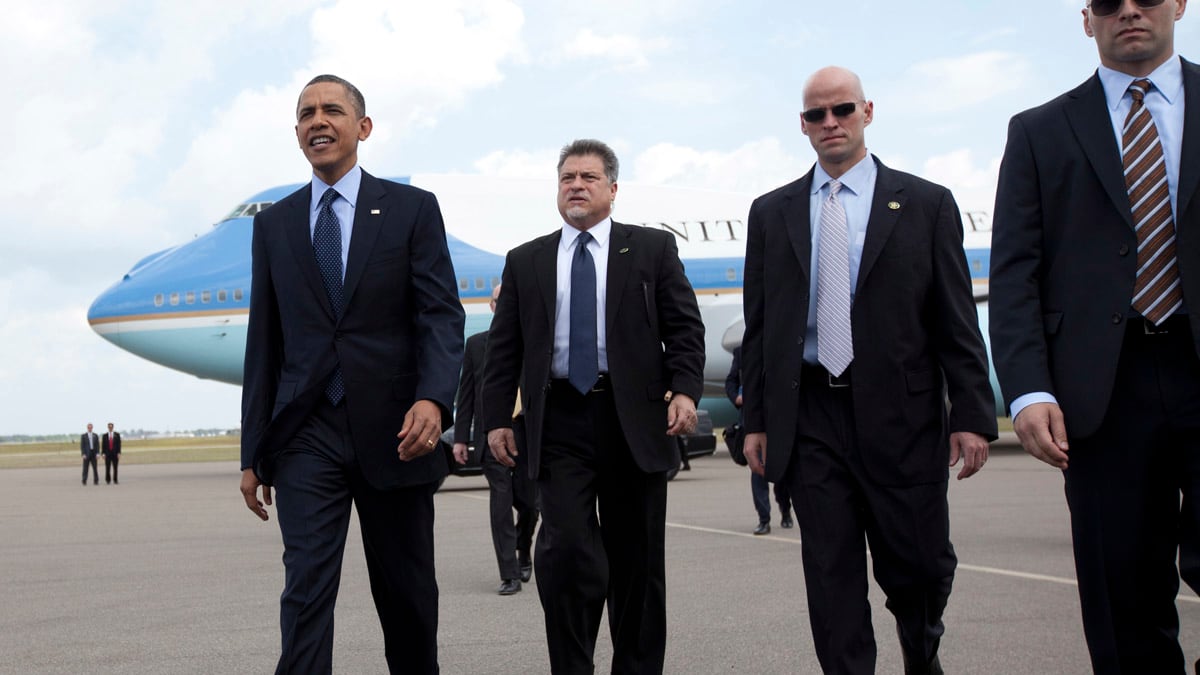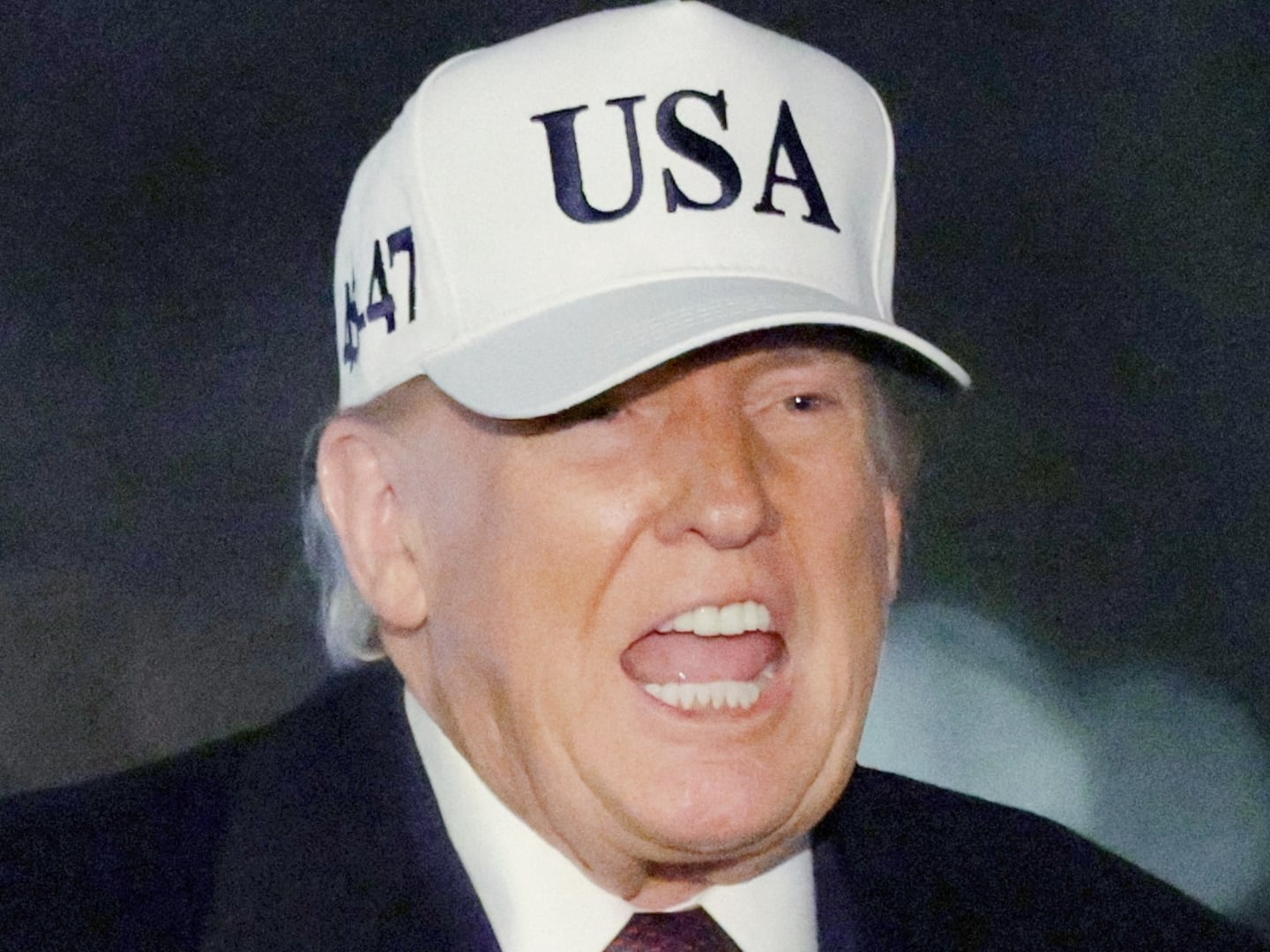As international gatherings go, the sixth Summit of the Americas, which kicks off Saturday with a gathering of heads of state in the Colombian city of Cartagena, should be a breeze. No religious clashes or separatist movements are roiling the region. Free and fair elections are the norm from Chile to Costa Rica. While disagreement and violence occasionally flare, none of the 34 member nations of the Organization of American States (OAS) is in a shooting war with any other, never mind brandishing a nuclear weapon. And yet, not since the Cold War has diplomacy in the Western hemisphere been so fraught or the prospects for consensus on crucial problems so remote.
The media has made much of the extravagant mop-up and security arrangements ahead of the meeting. Some 5,000 police and a fleet of planes, helicopters, and military drones will be on tap to keep the peace and protect the most powerful leaders in the hemisphere, including Dilma Rousseff of Brazil and President Barack Obama. (So spiffy and safe is the venue, locals joke that Obama ranks as Cartagena’s best mayor ever.) Yet the worst tensions are likely to arise within the conference hall, where member states are certain to vent on everything from drugs to democracy.
Tension is not all bad. For years, the triennial confab has been remarkable mostly for airy oratory by national leaders playing to the crowd back home. “A dialogue of the deaf,” former Peruvian President Alan Garcia recently described the summit, “where each president comes with his set speech,” quick to blame others for his national woes, “almost always Uncle Sam or else the ‘horrific’ international financial system.”
Will this time be different? Latin America is generally thriving, despite the flat global economy, but a wave of protectionist measures threatens regional commerce. The war on drugs is producing corpses—some 47,000 in Mexico alone since 2006—but no peace. Thirty years after a war that took 1,000 lives, Argentina and Britain once again are having words over the cluster of rocks in the South Atlantic that London calls the Falklands and Buenos Aires, Las Malvinas. And while every country but Cuba now chooses its leaders in open and (mostly) untainted elections, autocratic leaders in a number of countries have cheapened democracy by packing the courts, corralling legislatures, and intimidating the media.

But as leaders pore over these urgent problems, the red line in Cartagena will fall between the gringos and the rest of the hemisphere. One of the tripwires is Cuba. Ecuador’s president, Rafael Correa, will not be attending. That’s because his friend and ally, Raul Castro of Cuba, was told to stay away. Correa called that an unpardonable snub and exhorted his partners in the so-called Bolivarian Alliance, an 11-nation socialist compact led by Venezuela’s Hugo Chávez, to join the boycott. Correa’s compañeros demurred: an invitation to Castro, they know, is a guaranteed no-show by Obama, who wouldn’t be caught at the same table with the West’s ranking dictator. And without the U.S. president, there would be no summit worth attending at all.
Whether Obama will be able to focus is another question. With his attention fractured by the war in Afghanistan, a bloody impasse in Syria, and Iran’s nuclear brinksmanship, the latitudes below the Florida Keys have disappeared from Washington’s radar, Latin Americans often charge. The White House parries that this is Obama’s fourth trip to the region and that he will be spending two nights in Cartagena, no small concession for the U.S.’s multitasker in chief in a brutal election year.
The stakes are high. In a stricken world economy, Latin America has been the one reliable source of good news to Washington. Peru, Colombia, and Argentina are set to expand by 5 percent to 6 percent each this year, and Brazil has overtaken Great Britain as the world’s sixth largest economy. Together, Latin America and Canada represent the U.S.’s fastest growing market, scooping up a third of total American exports.
But better business is no free pass to smoother diplomacy. One reason is the growing discord over drugs. After a decade-long crackdown on its drug-financed guerrilla insurgency, Colombia has gone from a quasi-failed state to a rising star of emerging Latin America. But that success has come at a price to the region. As cocaine and marijuana production has shifted from Colombia to Bolivia and Peru, drug gangs too have migrated, spreading fear and mayhem from Ciudad Juarez to San Salvador.
El Salvador, Guatemala, and Honduras are now reckoned to be the three most violent nations on earth, threatening the tender democracies still trying to take root in the region. Despite all the hardware, troops, and massive financing governments have thrown at the problem—including $30 billion from the Obama administration alone—leaders across the Americas are desperate for alternatives to the “failed” war on drugs. “It’s like we’re on a stationary bicycle, we’re in the same place,” says the summit host, Colombian President Juan Manuel Santos, a remarkable admission from this former defense minister, whose nation has spent $8 billion in U.S. anti-drug funds.
For the first time, sitting heads of state are talking about decriminalizing drugs, including Santos, Laura Chinchilla of Costa Rica, and, surprisingly, Guatemalen President Gen. Otto Perez Molina, once charged with executing his country’s war on drugs. Obama is not among them. He dispatched Vice President Joe Biden to the region ahead of the summit to preempt the growing talk of decriminalizing some drugs. There is “no possibility,” Biden told his hosts in Central America, that the Obama administration will review its policy against legalization.
Democracy is also a potential flashpoint. Thanks to the restoration of civilian rule and the practice of popular elections, most of Latin America is solidly committed to democracy, a principal etched into the OAS’s Inter-American Democratic Charter. Glaring exceptions remain, and not just in Cuba. Freedom House, a global watchdog for liberty around the world, recently removed Venezuela from its list of formal democracies. “While the act of voting is relatively free and the count is fair, the political playing field favors government-backed candidates, and the separation of powers is nearly nonexistent,” the organization said. The same could be said of Chávez’s Bolivarian allies, Bolivia, Ecuador, and Nicaragua.
Touting a positive agenda, Obama plans to focus on trade, but that too is a minefield. In 1994, when the first Americas Summit was held in Miami, free trade was the talk of the hemisphere. Washington especially flogged commerce as the motor of prosperity and progress, pushing for a broad Free Trade Area of the Americas, the FTAA. That initiative quickly fell prey to suspicions by Latins of gringo desires to use capitalism to bully the region into submission, and by 2005 the FTAA was dead.
“Trade is just too controversial to put on the table now,” says Eric Farnsworth, vice president of the Council of the Americas, a policy think tank in Washington, D.C. “Free trade has taken a massive step backwards.” For a gathering official themed “Connecting the Americas,” the disconnect may be what hogs the spotlight.






